Photo credits: The Library of Congress Prints
Buffalo Soldiers Day falls on July 28th of each year. It honors the establishment of the first African American soldier-filled Army units.
In 1866, the U.S. Congress enacted the Army Organization Act, enabling freed slaves to serve during the Civil War. Six regiments of more than 180,000 African American soldiers fought for the Union. They proudly and valiantly served their country – notwithstanding the struggle they were involved in. Consequently, a bill declaring July 28 as Buffalo Soldiers Day was enacted by the U.S. Congress in 1992.
The western region of the country developed significantly thanks in large part to the Buffalo Soldier regiments. They moved over the west, constructing roadways, guarding settlements, and kept an eye on Native American communities while battling racial prejudice, difficult landscapes, and a lack of resources.
Native American Cheyenne warriors during an Indian Wars fight in 1867 dubbed these combatants “Buffalo Soldiers” because of their tough appearance. They claimed the soldiers fought bravely and fearlessly like buffalo. The tribe’s members proudly embraced the term Buffalo Soldiers as a badge of honor since they valued buffalo highly.
The all-Black battalions would later battle alongside Teddy Roosevelt and the Rough Riders in the Philippines. They also fought for an ungrateful nation against Pancho Villa throughout the Mexican Punitive Expedition. When the United States entered World War I, the Buffalo Soldier battalions did not join the American Expeditionary Forces. However, many combat-experienced NCOs and infantry joined other racially divided groups.
President Harry Truman signed an executive order in 1948 abolishing race-based inequality in the armed services. For the first time, the remaining African American regiments were granted a degree of systemic inclusion during the 1950s. Buffalo Soldiers had received Medals of Honor, as well as several campaign and unit decorations before the end of the war.
From among them came leaders like Henry Flipper, the first African American graduate to walk the stage at West Point, Charles Young, and Benjamin O. Davis, Sr. The Buffalo Soldiers’ triumphs against hardship altered military doctrine and provided a basis for minorities to pursue their own versions of the American dream.
To recognize the remarkable legacy of these outstanding Soldiers, Gen. Colin Powell, then-Chairman of the Joint Chiefs of Staff, dedicated the National Buffalo Soldier Monument at Fort Leavenworth, Kansas, in July 1992.






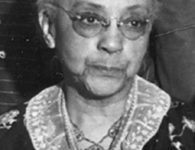
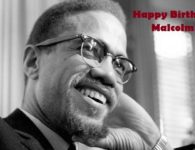
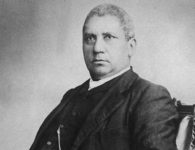


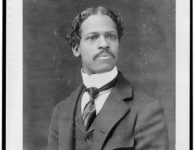
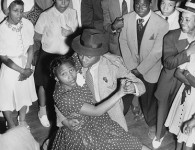





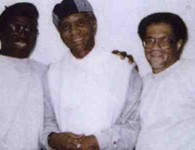


No comments